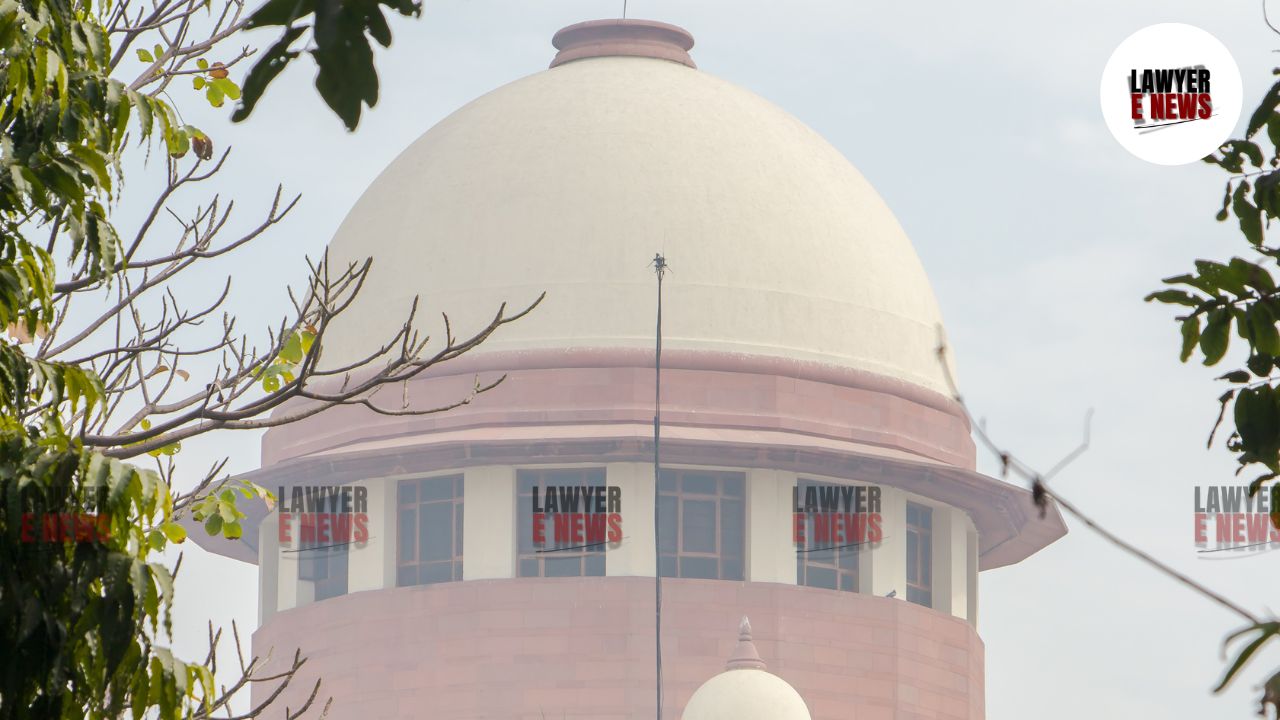-
by Admin
15 February 2026 5:35 AM



Supreme Court affirms that educational institutions receiving public funds must adhere to public duty obligations under Article 226 of the Constitution. In a recent landmark judgment, the Supreme Court of India clarified the applicability of Article 226 of the Constitution to private educational institutions performing public duties. The ruling, delivered by Justice J.B. Pardiwala, addressed the complexities surrounding the maintainability of writ petitions against private bodies, emphasizing the public duty element and the nature of public funding in determining jurisdiction.
The appeals arose from a common judgment by the High Court of Uttarakhand, which dismissed the Army Welfare Education Society's (AWES) plea against an order directing it to maintain the service conditions of staff from a previously managed institution, St. Gabriel’s Academy. AWES contended that as a private, unaided society, it was not subject to writ jurisdiction under Article 226, a position challenged by the respondents, former employees of St. Gabriel’s, absorbed into AWES-run Army Public School No. 2, Roorkee.
The Supreme Court reaffirmed the principle that private educational institutions can be subject to writ jurisdiction if they perform public duties or receive significant public funding. Justice Pardiwala stated, “The term ‘authority’ used in Article 226 must receive a liberal meaning. What is relevant is the nature of the duty imposed on the body. The duty must be judged in the light of positive obligation owed by the person or authority to the affected party. No matter by what means the duty is imposed, if a positive obligation exists, mandamus cannot be denied.”
The Court underscored that the employment conditions of academic staff in such institutions are not purely private when they are regulated by public norms and decisions by bodies like the affiliating university or education boards. Justice Pardiwala highlighted, “Public money paid as government aid plays a major role in the control, maintenance, and working of educational institutions. Aided institutions, like government institutions, discharge public functions by way of imparting education to students.”
The Court acknowledged the legitimate expectation of the respondents that their service conditions would not be altered to their detriment upon the transfer of management to AWES. The Court noted, “The employees of the school have a legitimate expectation that their conditions of service which were applicable immediately before the changeover will not be varied to their disadvantage.”
The Supreme Court detailed its reasoning by analyzing previous judgments, notably Executive Committee of Vaish Degree College v. Lakshmi Narain, J. Tiwari v. Jawala Devi Vidya Mandir, and Dipak Kumar Biswas v. Director of Public Instruction. These cases collectively underscore that a writ petition is maintainable against private bodies performing public duties or when there is a statutory element governing the service conditions.
Justice Pardiwala remarked, “The service conditions of academic staff are not purely of a private character when the institution discharges public duties. When there is a legal right-duty relationship between the staff and the management, mandamus cannot be refused.”
The Supreme Court's ruling reinforces the judiciary’s commitment to ensuring that institutions performing public functions adhere to public norms and obligations, even when privately managed. This judgment is expected to influence future cases involving private educational institutions and their accountability under public duty principles, reinforcing the legal framework governing educational services in India.
Date of Decision: July 9, 2024
Army Welfare Education Society vs. Sunil Kumar Sharma & Ors.
